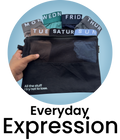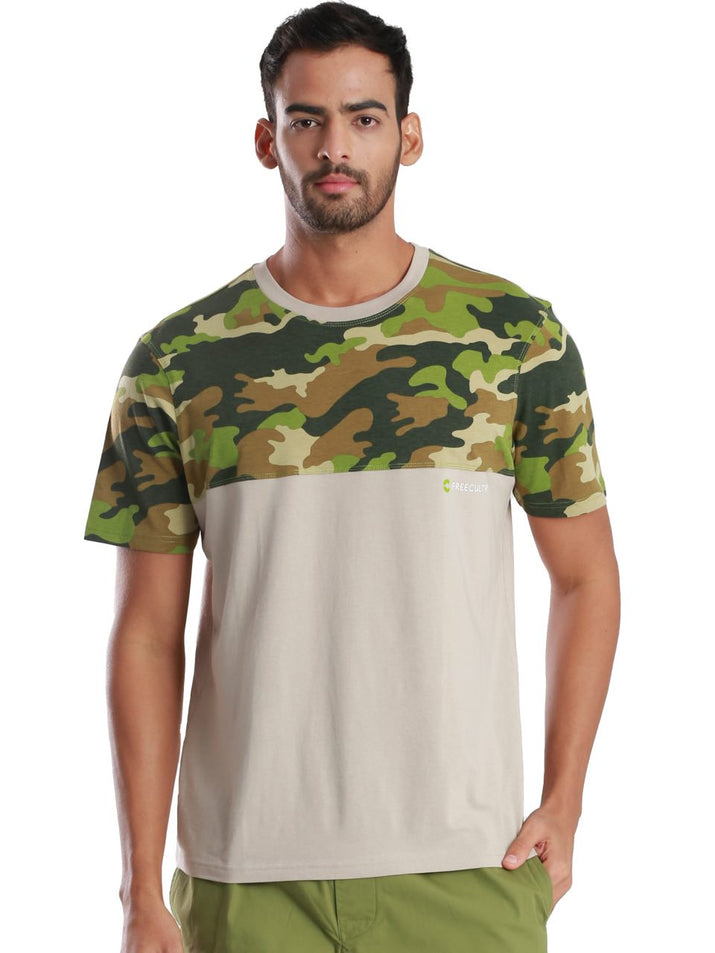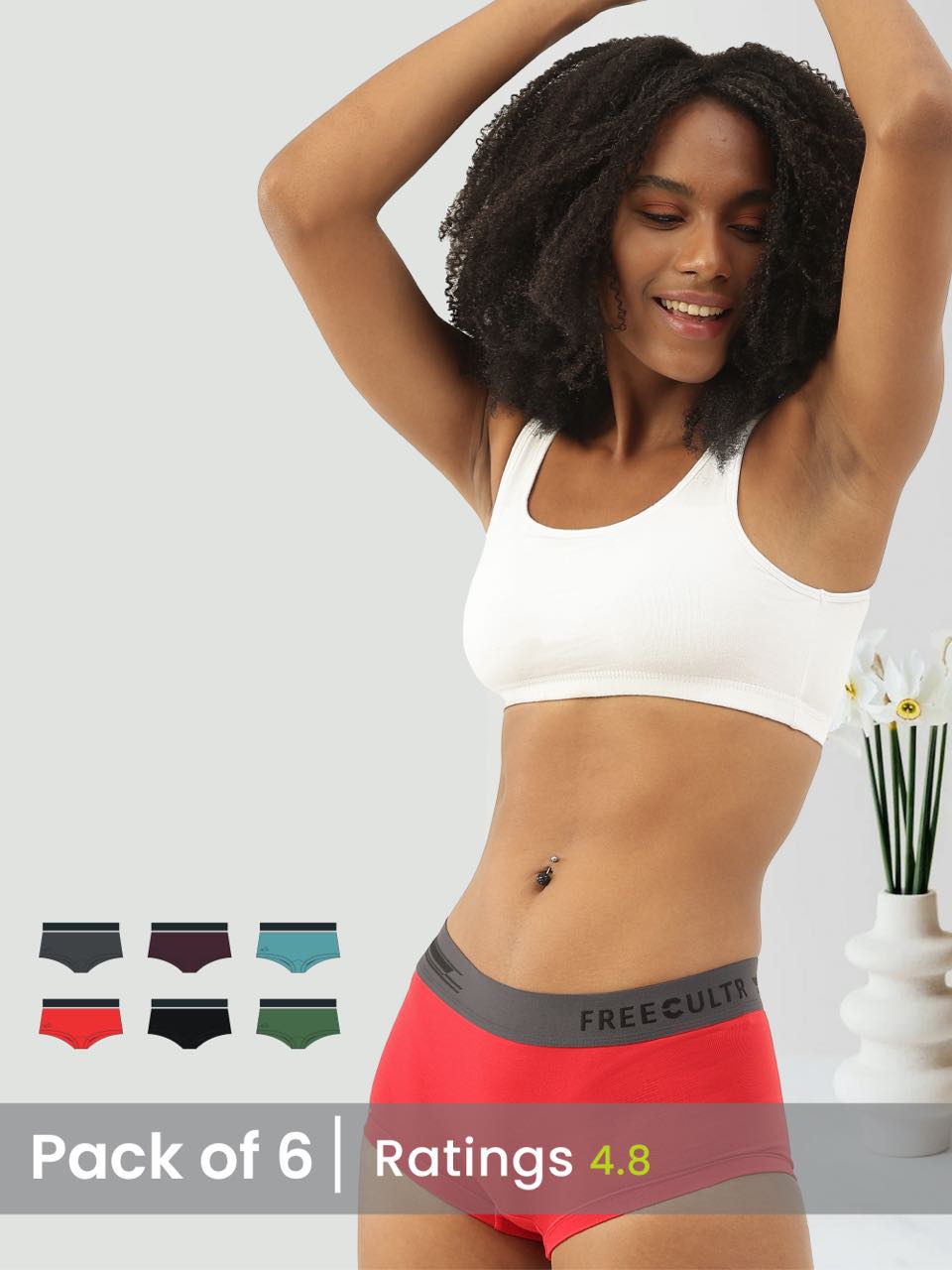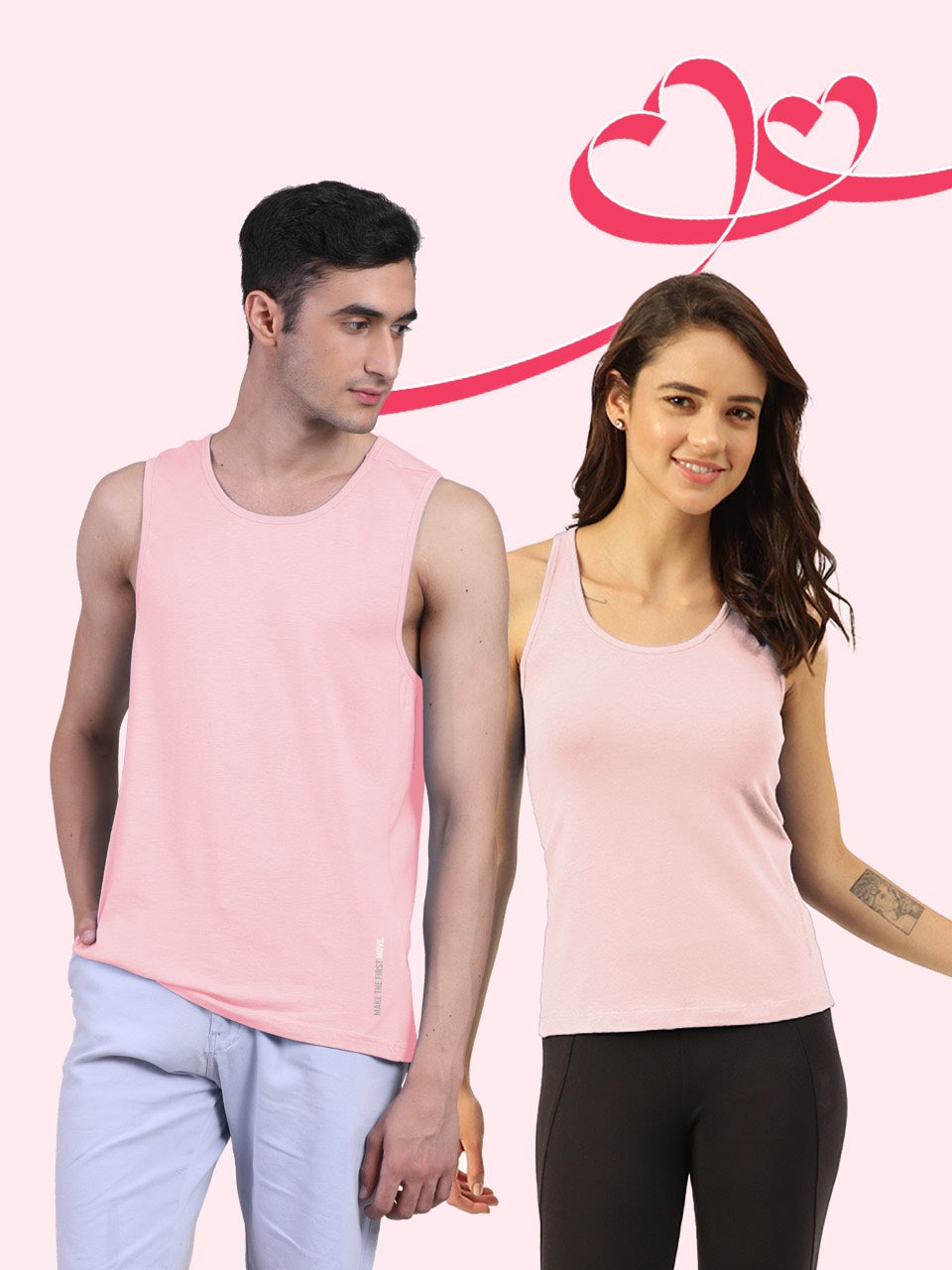As consumer demand shifts towards sustainable apparel, the bamboo tshirt emerges as a leading contender, blending advanced textile science with ecological responsibility. Unlike traditional cotton requiring extensive irrigation and pesticides, bamboo, a rapidly renewable grass, thrives with minimal resources, achieving growth rates up to 3 feet daily. Its unique fiber structure, specifically the micro-gaps within viscose from bamboo, facilitates exceptional moisture-wicking and thermal regulation, ensuring all-day freshness by drawing perspiration away from the skin. Recent developments in textile processing enhance its natural antimicrobial properties, often attributed to "bamboo kun," offering a naturally odor-resistant garment. This innovation addresses both environmental concerns and consumer desire for high-performance, comfortable clothing, positioning the bamboo tshirt at the forefront of eco-conscious fashion and activewear trends.

Unpacking the Marvel of Bamboo Fabric
Ever wondered what makes a
So, how does this amazing plant transform into the fabric for your favorite
- Harvesting & Chipping: Mature bamboo is harvested and chopped into small chips.
- Pulping: These chips are then soaked in a chemical solution (typically sodium hydroxide) to dissolve the cellulose, creating a gooey pulp.
- Filtering & Spinning: The bamboo pulp is filtered, degassed. Then pushed through tiny holes (spinnerets) into a regenerating solution. This causes the cellulose to solidify into long, continuous fibers.
- Washing & Weaving: These fibers are washed, bleached (sometimes). Then spun into yarn, which can finally be woven or knitted into fabric.
While the viscose process uses chemicals, many manufacturers are now employing closed-loop systems, which means the chemicals are largely recovered and reused, minimizing environmental impact. There are also newer, more environmentally friendly methods like the lyocell process (often labeled as bamboo lyocell or Tencel™ Bamboo), which uses a non-toxic solvent and has an even higher recovery rate, making it a fantastic choice for an eco-conscious
Why Your Next T-Shirt Should Be Bamboo: The Unbeatable Benefits
Once you try a
-
Unrivaled Softness: Imagine the feel of silk blended with the gentle touch of cotton. That's a
. The fibers are naturally round and smooth, meaning no sharp spurs to irritate your skin. It’s often described as feeling like a second skin – incredibly soft and luxurious. - Breathability & Temperature Regulation: Bamboo fabric has micro-gaps and tiny holes in its structure, making it incredibly breathable. This allows air to circulate freely, keeping you cool in the summer and surprisingly warm in the winter. It's like your personal climate control system!
- Moisture-Wicking Magic: Say goodbye to sticky, sweaty feelings. Bamboo fabric is highly absorbent and excellent at wicking moisture away from your skin to the surface of the fabric, where it can evaporate quickly. This keeps you feeling dry and comfortable, even during active days.
-
Natural Odor Resistance: This is a big one! Bamboo contains a natural antimicrobial bio-agent called "bamboo kun." Studies, including research highlighted by textile experts, suggest this agent helps prevent the growth of odor-causing bacteria on the fabric. So, you can wear your
longer without worrying about unpleasant smells. Perfect for travel or busy schedules! -
Hypoallergenic & Skin-Friendly: Because of its natural smoothness and lack of harsh chemicals (especially in certified fabrics), bamboo fabric is incredibly gentle on sensitive skin. If you suffer from allergies, eczema, or just have easily irritated skin, a
could be a game-changer for you. -
Durability: Don't let the softness fool you; bamboo fibers are surprisingly strong. With proper care, your
can withstand numerous washes and maintain its shape and luxurious feel for a long time. - UV Protection: Believe it or not, bamboo fabric offers natural UV protection, blocking a significant amount of harmful UV rays. While it shouldn't replace sunscreen, it adds an extra layer of defense for your skin during sunny days.
Bamboo T-Shirt vs. The Usual Suspects: A Fabric Face-Off
To truly appreciate the wonder of a
| Feature | Bamboo T-Shirt | Cotton T-Shirt (Conventional) | Polyester T-Shirt |
|---|---|---|---|
| Softness | Exceptional, silk-like, smooth. | Soft. Can feel rougher over time; varies with weave. | Soft. Often feels synthetic or "plasticky." |
| Breathability | Excellent, highly breathable due to micro-gaps. | Good. Can feel heavy when wet. | Moderate, can feel clammy as it doesn't absorb moisture. |
| Moisture-Wicking | Superior, wicks moisture away quickly. | Absorbent. Holds moisture, leading to a damp feeling. | Very good, designed to wick but doesn't absorb. |
| Odor Resistance | Natural antimicrobial properties (bamboo kun), highly odor-resistant. | Prone to holding odors, especially after sweating. | Can develop a persistent odor over time (microbial growth). |
| Eco-Friendliness | Highly sustainable, fast-growing, less water/pesticides (especially with closed-loop processing). | High water/pesticide use (conventional); organic is better but still water-intensive. | Synthetic, petroleum-based, non-biodegradable; recycled polyester is better. |
| Hypoallergenic | Naturally hypoallergenic, great for sensitive skin. | Generally good. Can cause irritation if not organic or if dyes are harsh. | Can cause irritation for some sensitive skin types due to synthetic nature. |
As you can see, a
Where Your Bamboo T-Shirt Will Truly Shine: Real-World Use Cases
The versatility of a
-
Everyday Casual Wear: For running errands, lounging at home, or meeting friends for coffee, the comfort and softness of a
make it an ideal choice. It drapes beautifully and feels great against your skin all day long. - Workout & Active Wear: Whether you're hitting the gym, going for a run, or practicing yoga, the moisture-wicking and odor-resistant properties of bamboo fabric keep you feeling fresh and dry. Many athletes swear by their bamboo activewear for its performance.
-
Travel Companion: Packing light? A
is your best friend. Its natural odor resistance means you can often wear it multiple times before needing a wash. Its breathability keeps you comfortable in varying climates. Plus, it packs down small and resists wrinkles better than many other fabrics. -
Sleepwear & Loungewear: Imagine drifting off to sleep in a shirt that feels like a cloud. The temperature-regulating and moisture-wicking qualities make a
perfect for a comfortable night's rest, helping you stay cool and dry even if you tend to overheat. -
For Sensitive Skin: As mentioned, if you struggle with skin conditions like eczema or simply have easily irritated skin, the naturally smooth and hypoallergenic fibers of a
can provide much-needed relief and comfort.
Keeping Your Bamboo T-Shirt Fresh: Care Tips for Longevity
To ensure your beloved
-
Gentle Wash is Key: Always wash your
in cold water on a gentle cycle. Hot water can cause shrinkage and break down the fibers over time. - Mild Detergent: Use a mild, eco-friendly detergent. Avoid harsh chemicals, bleach, or fabric softeners, as these can damage the delicate bamboo fibers and reduce their natural properties (like moisture-wicking and odor resistance).
- Skip the Fabric Softener: You honestly don't need it! Bamboo fabric is naturally soft. Fabric softeners can leave a residue that clogs the fabric's pores, reducing its breathability and wicking abilities.
-
Air Dry or Low Tumble: The best way to dry your
is to lay it flat or hang it to air dry. If you must use a dryer, opt for the lowest heat setting and remove it as soon as it's dry to prevent shrinking and pilling. High heat is the enemy of bamboo fabric! - Avoid Ironing (Mostly): Bamboo fabric is naturally wrinkle-resistant. If you do notice a few creases, a quick steam or hanging it in a steamy bathroom usually does the trick. If you absolutely must iron, use a low-heat setting.
Addressing Your Bamboo T-Shirt Questions & Clearing Up Myths
It's natural to have questions when exploring a new fabric. Let's tackle some common queries about the
- Is all bamboo fabric equally eco-friendly? This is an excellent question! As discussed earlier, the processing method matters. While bamboo itself is a sustainable resource, the 'viscose' or 'rayon' process has traditionally used chemicals. Look for certifications like OEKO-TEX Standard 100 (ensures no harmful substances in the final product) or look for labels indicating a closed-loop system or bamboo lyocell (Tencel™ Bamboo), which are generally considered more environmentally sound. Transparency from the brand is key.
- Does it shrink? Like many natural fibers, bamboo can be prone to some shrinkage, especially if exposed to high heat. This is why cold washing and air drying (or low tumble drying) are crucial for maintaining its size and shape.
-
Is it expensive? While a
might have a slightly higher upfront cost than a basic cotton tee, consider it an investment. Its durability, comfort. Performance often mean it outlasts cheaper alternatives, offering better value in the long run. Plus, you're investing in a more sustainable choice!
My Personal Journey with the Bamboo T-Shirt
I remember the first time I really put a
Hours into my journey, despite the heat and the constant movement, I noticed a significant difference. My skin felt dry, not clammy. When I finally reached my destination, I didn't have that tell-tale "travel funk" that usually accompanies a day of transit. The shirt simply felt clean and comfortable, even after hours of wear. That day, my
Conclusion
Embracing a bamboo t-shirt isn't merely about upgrading your wardrobe; it's a conscious decision towards unparalleled comfort and environmental stewardship. This revolutionary fabric, as we've explored, delivers on its promise of eco-friendly softness and all-day freshness, outperforming conventional materials in breathability and odor resistance. For instance, on a recent cross-country flight, my bamboo tee kept me noticeably cooler and fresher than my usual cotton shirt, proving its exceptional moisture-wicking properties firsthand. In line with current trends favoring sustainable living and mindful consumption, choosing bamboo aligns your personal style with global responsibility. My personal tip? Invest in one for your next active day or a long commute; you'll immediately appreciate its gentle touch and how it maintains freshness even through unexpected activity. This isn't just another garment; it's an intelligent choice for a more comfortable, sustainable future. By making small, impactful switches like this, we collectively contribute to a healthier planet while enjoying superior everyday essentials. Discover the difference for yourself and experience comfort that truly cares.More Articles
Men's T-Shirt – Classic Comfort & Effortless StyleMen's Inner Wear – Superior Softness & Seamless Fit
Tank Top – Breathable Design & Layering Essential
Men's Trunks – Freedom of Movement & All-Day Freshness
FAQs
What makes this bamboo t-shirt so eco-friendly?
Bamboo is an incredibly sustainable resource! It grows super fast without needing much water or any pesticides. Plus, our production methods are designed to be as kind to the planet as possible, making it a truly green choice.
Just how soft is bamboo fabric, really?
Prepare to be amazed! Bamboo fabric is famously soft, often described as feeling like cashmere or silk. It has a smooth, luxurious drape that feels incredibly gentle against your skin, offering unparalleled comfort.
Does it actually help with all-day freshness?
Absolutely! Bamboo naturally contains a unique antimicrobial agent called 'bamboo kun,' which helps resist odor-causing bacteria. This means your t-shirt stays fresher for longer, even on active days, keeping you feeling confident.
How should I care for my bamboo t-shirt?
It's pretty easy! For best results, machine wash cold on a gentle cycle. Tumble dry on low heat or, even better, hang dry to maintain its softness and shape. Avoid using bleach to preserve the fabric's integrity.
Is this t-shirt good for sensitive skin?
Definitely! Bamboo fibers are naturally smooth and round, with no sharp spurs to irritate the skin. This makes our bamboo t-shirts a fantastic choice for people with sensitive skin or allergies, providing irritation-free comfort.
Will it keep me comfortable in different temperatures?
Yes, it's quite versatile! Bamboo fabric is naturally thermoregulating. It's breathable and wicks moisture away to keep you cool in warm weather. Its micro-gaps can also help insulate you when it's cooler, adapting to your body.
Does bamboo fabric shrink a lot?
Like most natural fibers, bamboo can experience minimal shrinkage if washed in hot water or dried on high heat. Following our care instructions (cold wash, low tumble or hang dry) will help it keep its perfect fit and shape for a long time.





